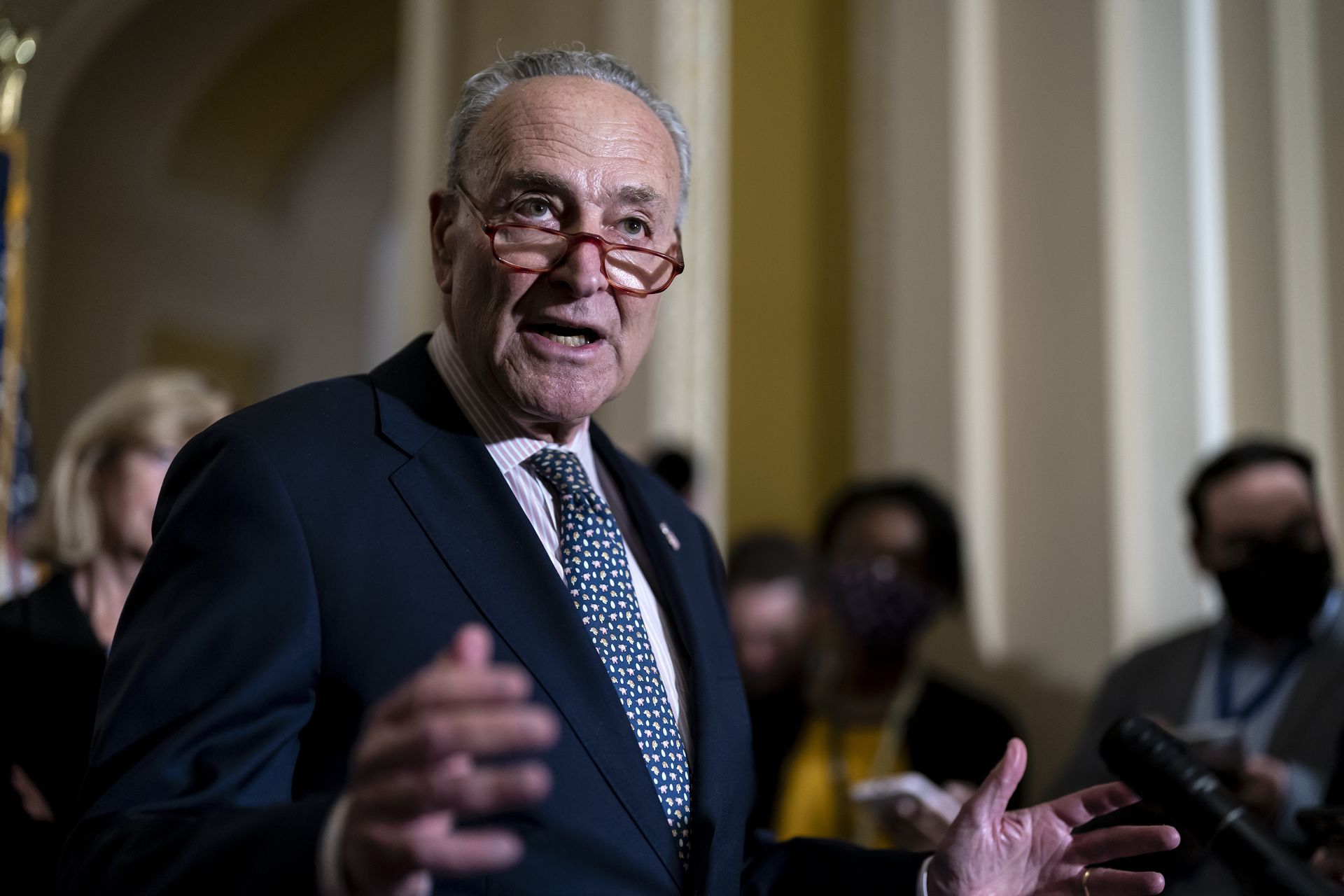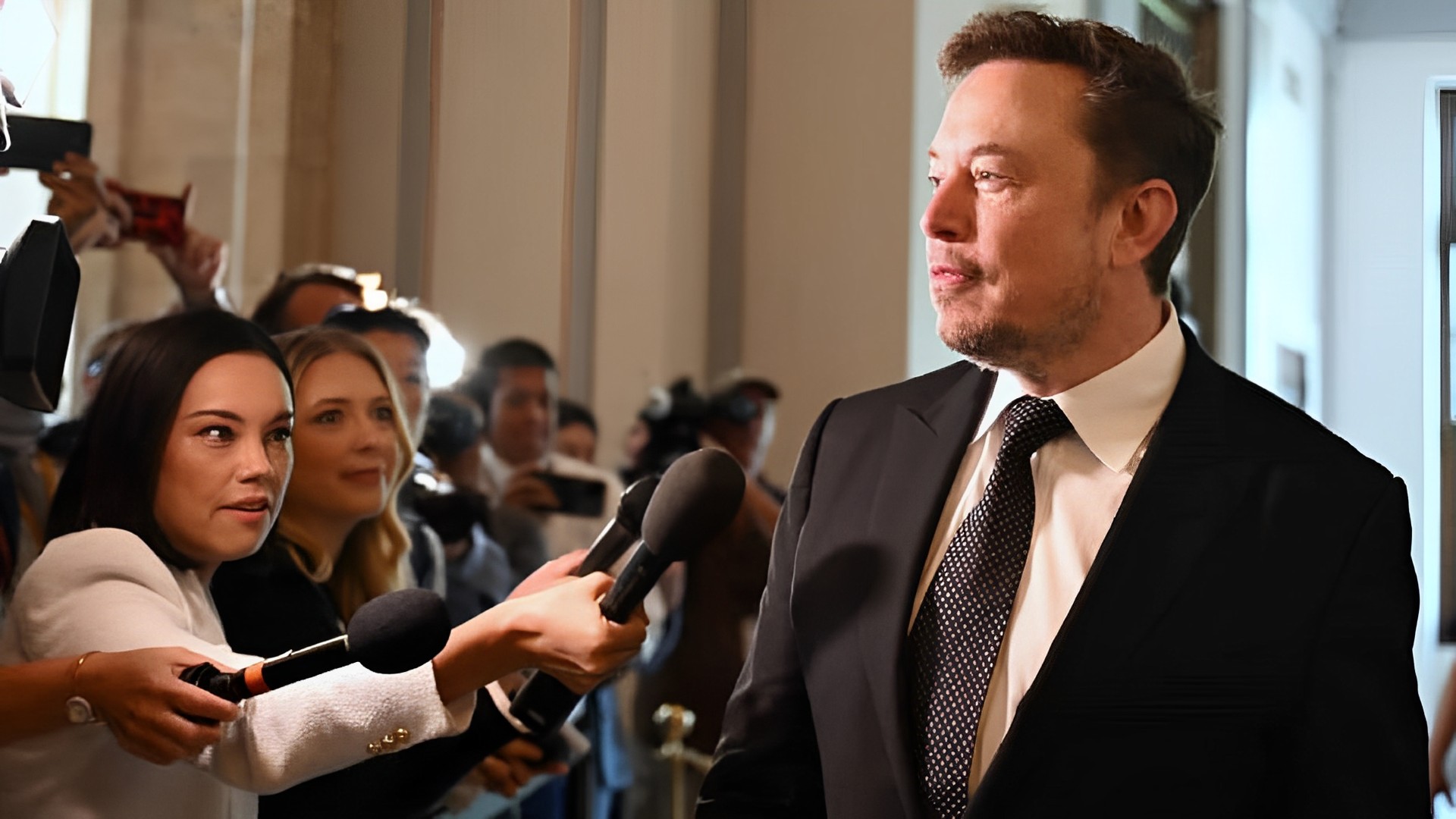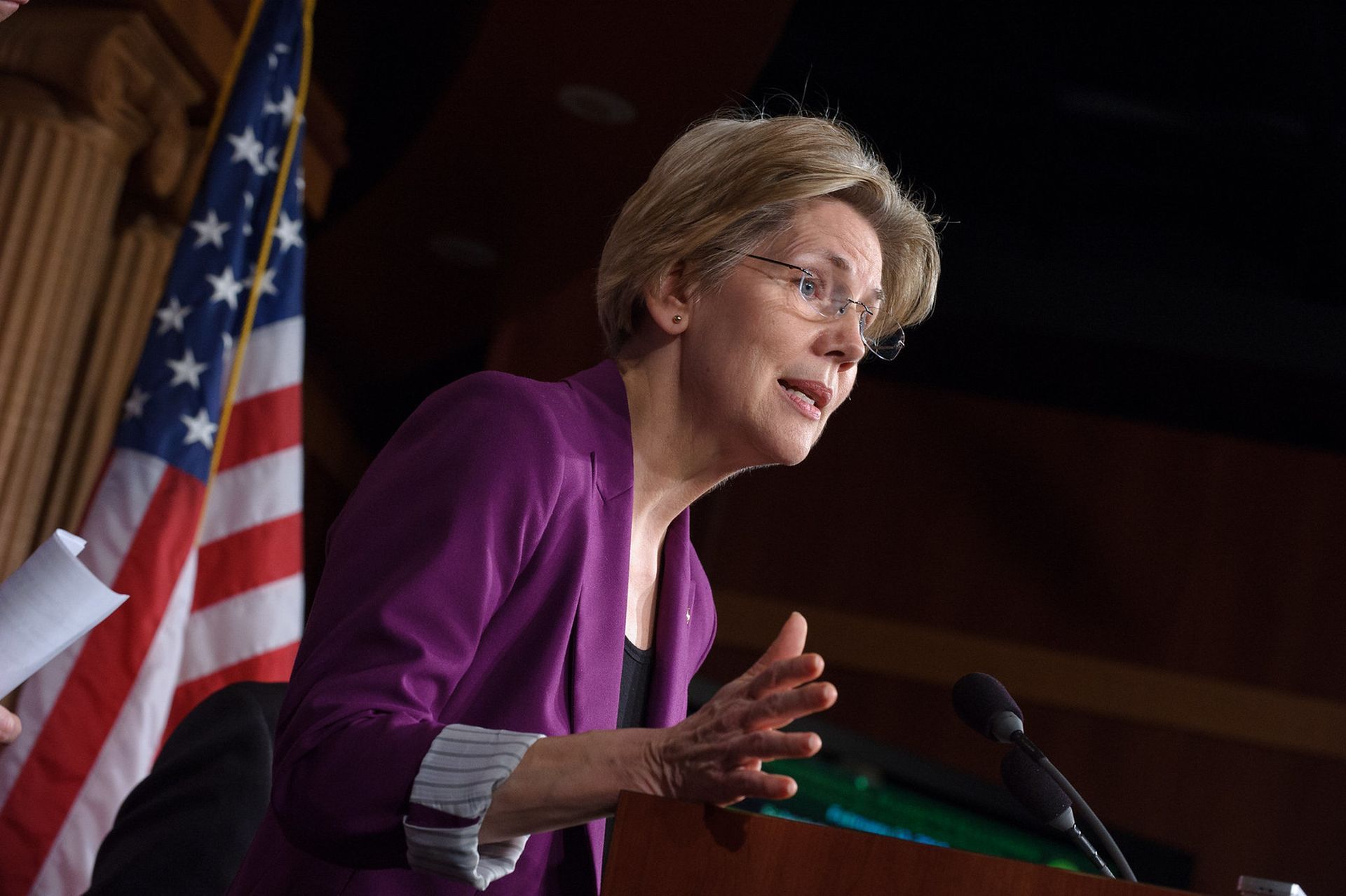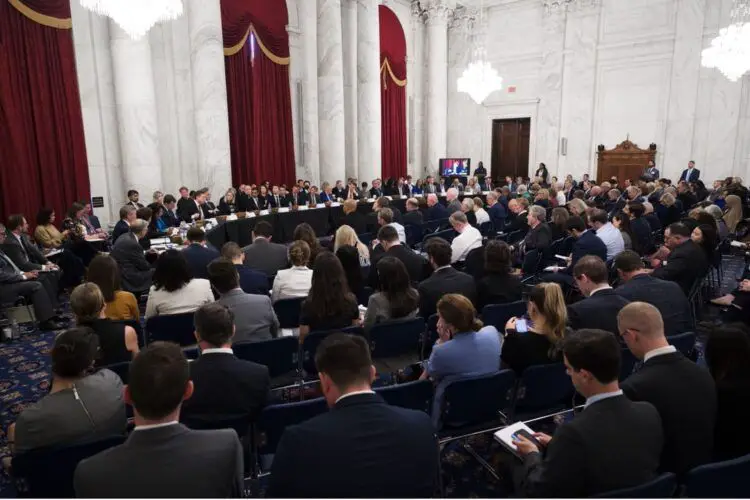In a closed-door gathering held at the AI Insight Forum in Washington, DC, prominent figures in the tech industry emphasized the need for balanced regulation that fosters innovation while ensuring safety.
Hosted by Senate Majority Leader Chuck Schumer, the bipartisan forum saw influential leaders like Mark Zuckerberg of Meta, Sam Altman of OpenAI, Satya Nadella of Microsoft, Jensen Huang of Nvidia, Sundar Pichai of Google, and Elon Musk of X and xAI sharing their insights and perspectives.

The call for ‘balance’ between safety and access
Mark Zuckerberg, CEO of Meta, stressed the importance of congressional engagement with AI to both support innovation and establish safeguards. He pinpointed safety and accessibility as the paramount concerns in the AI landscape. Meta, known for its meticulous approach to rolling out AI-powered products, integrates robust safeguards into its generative AI models. Zuckerberg also emphasized the pivotal role that powerful AI models will play in shaping future opportunities.
Zuckerberg further underscored Meta’s commitment to accessibility by “open sourcing” their Llama 2 model, an initiative aimed at providing broader access to advanced AI models. He advocated for a nuanced regulatory approach that preserves the United States’ leadership in the global AI race, a stance he has consistently championed.
Musk’s claim of need for oversight
Elon Musk, owner of X and a recent entrant in the AI space, asserted the necessity of a federal AI oversight agency. He emphasized the need for an impartial referee to prevent unchecked deployment of AI products by companies. Musk’s stance reflects a growing consensus within the tech industry regarding the crucial role of government oversight.

Altman’s Optimism
Sam Altman, CEO of OpenAI, expressed confidence in policymakers’ dedication to making informed decisions regarding AI regulation. He commended the government’s swift efforts to establish rules governing this transformative technology. Altman’s optimism underscores the collaborative spirit between industry leaders and policymakers.
Concerns about transparency
While the closed-door nature of the forum provided a platform for candid discussions, it also raised concerns about transparency. Senator Elizabeth Warren criticized the private setting, viewing it as an opportunity for tech giants to exert undue influence on policy decisions. Ramayya Krishnan, dean of the Heinz College of Information Systems and Public Policy at Carnegie Mellon University, echoed these sentiments, advocating for more public forums to ensure transparency in the regulatory process.

How to strike the balance
As the calls for regulation emanate from Big Tech, concerns over regulatory capture have surfaced, potentially leaving smaller companies at a disadvantage. Senators Elizabeth Warren and Edward Markey have also raised questions about the working conditions of human workers involved in training and moderating AI models. Striking a balance that fosters innovation while safeguarding inclusivity remains a paramount challenge.
The AI Insight Forum provided a crucial platform for tech leaders and policymakers to engage in meaningful dialogue about AI regulation. While the closed-door format facilitated candid discussions, it also underscored the importance of transparency in shaping regulatory frameworks. The consensus among industry leaders on the need for balanced regulation reflects a shared commitment to the responsible development and deployment of AI technologies. As the dialogue continues, finding common ground between innovation and inclusivity will undoubtedly remain at the forefront of the regulatory agenda.
Featured image credit: Todd Young





